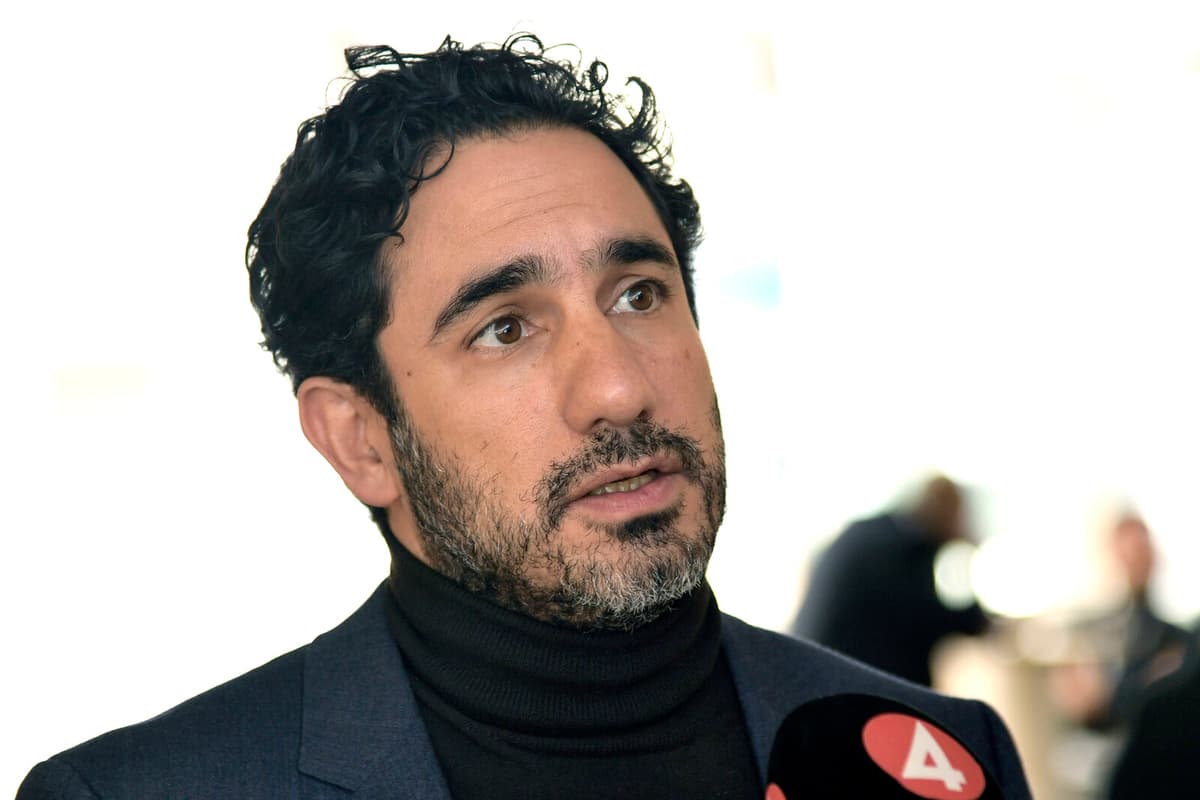The question of reducing working hours caused great debate at the ongoing Social Democratic Congress in Gothenburg. But after lengthy negotiations, the party put its foot down on the need for shorter working hours.
Annika Strandhäll, chairwoman of the Social Democratic Women, called the decision historic.
For the first time in several decades, we are in agreement between the trade union movement and social democracy that working hours should be reduced, she says.
Now it's on our shoulders together in the labor movement to ensure that we deliver.
Many motions to the congress dealt with legislating for shorter working hours. The party leadership's - and the LO leadership's - line was, however, that the reform should be achieved through negotiations between the trade unions and employers. Not through legislation.
Several LO unions - Kommunal, Handels, and Byggnads - believe that harder political pressure is needed on the issue.
A compromise
Kommunal's chairwoman Malin Ragnegård is pleased and believes that the congress decision can be a support in negotiations with employers.
The decision became a compromise - primarily, the issue should be resolved by the labor market parties, but regulations and measures from politics may also be required in the near future.
On the question of whether it could imply threats of legislation from a potential government if the negotiations become result-less, Ragnegård responds:
It could imply that in the long run, absolutely.
LO's chairman Johan Lindholm is also pleased and believes that support from politics may be needed in some form, but does not interpret the congress decision as implying threats of legislation becoming actual.
"In our hands"
This lies in our hands, he says.
I am completely convinced that, after the discussions here and in LO, this issue is not something you sweep under the rug, he says.
For Ardalan Shekarabi, labor market policy spokesperson for the Social Democrats, the decision means that the state should step in with necessary legislation only when the trade unions and employers have reached an agreement.
The state has an important role and needs to stand ready to act when the parties have reached an agreement, he says.
Shekarabi does not think that the congress decision can be interpreted as implying threats of legislation becoming actual.
We have no reason whatsoever to undermine LO's work ahead now, he says.






